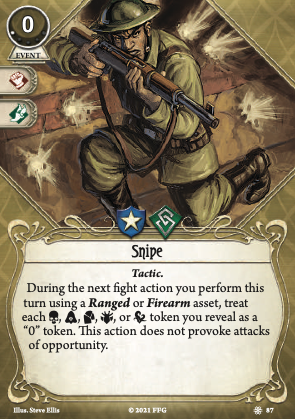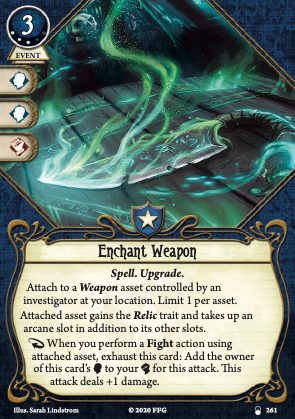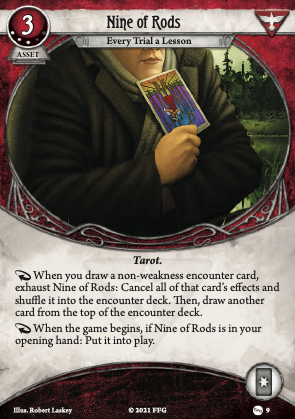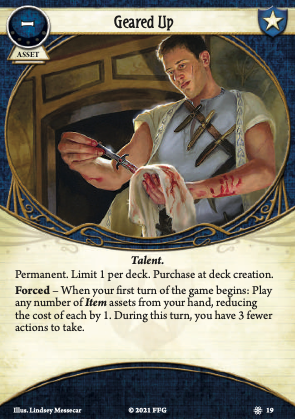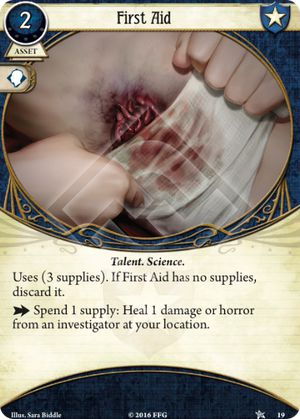
Its been years since first aid came out, and I was thinking of giving it another look now we have shiny new core set and examine the problems with it and see how things may have changed, a lot of people agree on a few key points.
Cost: Guardians for many years were the poor class, they had very little economy and the stuff they had wasn't completely reliable, but now we have stand together level 0 and even clean them out as source of cheap fast injections of cash, so the 2 price is less relevant today.
Limited Use cases: this seems to still be a big mark against it and one that doesn't seem like it will ever be able to be worked around, you can only heal investigators, only at your location. the fact that it is completely slotless is a huge upside but not enough of one to overcome such a minor use. (that a lot of other healing cards don't share)
Action Sink: the big bug bear of the card is that 3 actions for 3 points of healing is rather slow, even if you get first aid into play fast and free you still only max out at spending a turn to get a sizeable chunk of damage/horror off people, hardly worth the two extra actions from not using a healing event to gain that extra 1 point of healing. (again in the best possible case)
Fair to say first aid has only really improved one of its drawbacks (or to say it's less relevant today), and in that time we have had a huge tidal wave of healing effects that do incredibly well in the two area's it can never overcome. it is however the best possible counter for the edge weaknesses (it can heal both types, over any number of turns and from up to three people), but that only really matters if more than one player has one, otherwise you'll be much better of just taking a healing card that specializes in the type they need healing for.
The sad proclamation is that first aid remains very useful to the game in its true position, being a floor no healing card will ever dip below, and still may see some minor play due to edge weaknesses and down the rabbit hole.
